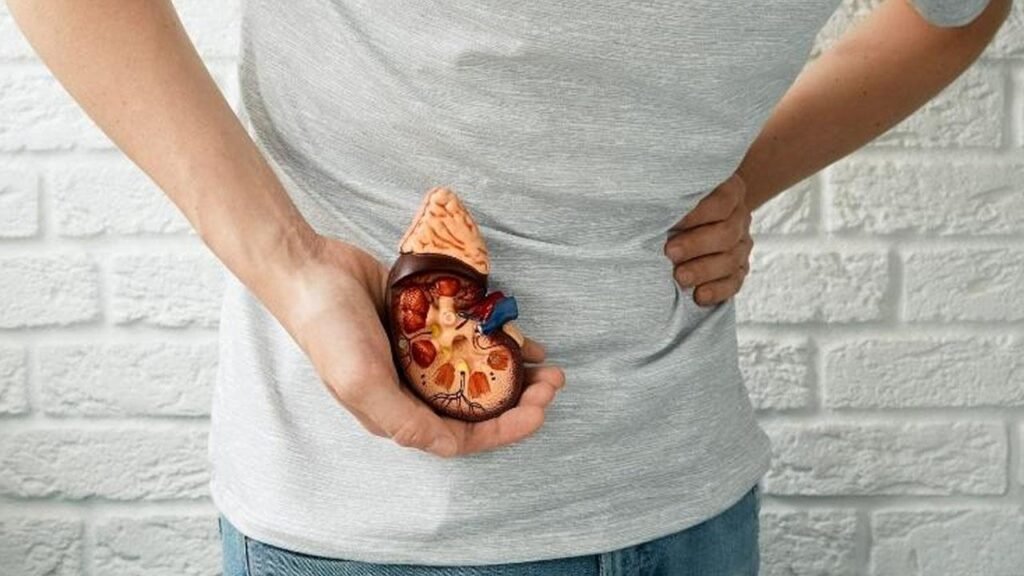What should people with kidney stones eat, and what should they avoid eating? Which foods cause kidney stones?
While the kidneys serve as a kind of filter in the body, they are also responsible for cleansing the blood. Excessive consumption of salt, sugar, and acidic foods is not filtered by the kidneys and can lead to the formation of kidney stones. So, what should those with kidney stones eat, and what are foods that do not contain oxalate? What should be done to pass kidney stones?

Unhealthy, hard-to-digest, and hard-to-absorb foods taken into the body can stick and accumulate in the kidneys when not filtered by the kidneys. This can lead to a variety of kidney problems.
Experts argue that a balanced and healthy diet prevents the formation of kidney stones. Here are the answers to what foods should not be eaten by those with kidney stones and what foods cause kidney stones!
*It is crucial to pay attention to the excessive consumption of the listed food sources. Other than that, consuming these foods in moderation, as much as the body needs, does not directly cause the formation of kidney stones.
FOODS CONTAINING OXALATES
- Spinach
- Beetroot
- Cocoa
- Chocolate
- Hazelnut
- Almond
- Kale
ANIMAL PROTEIN-CONTAINING FOODS
- Red meat
- Chicken
- Fish
- Egg
- Dairy products
EXCESSIVE SALT
- Processed snacks
- Canned foods
- Fast food products
- Salty crackers
SUGARY SODAS
- Cola
- Soda
- Sugary fruit juices
FOODS CONTAINING EXCESSIVE CALCIUM
- Milk
- Cheese
- Yogurt
FOODS CONTAINING INSUFFICIENT CALCIUM
- Low-fat dairy products without calcium supplements
- EXCESSIVE VITAMIN C
- Vitamin C supplements
- Citrus fruits (when consumed excessively)
NOTE: Remember that everyone’s metabolism is different and the factors that can affect the risk of kidney stones are individual. Therefore, creating a healthy eating plan and consulting with a doctor or nutritionist is always a priority.






